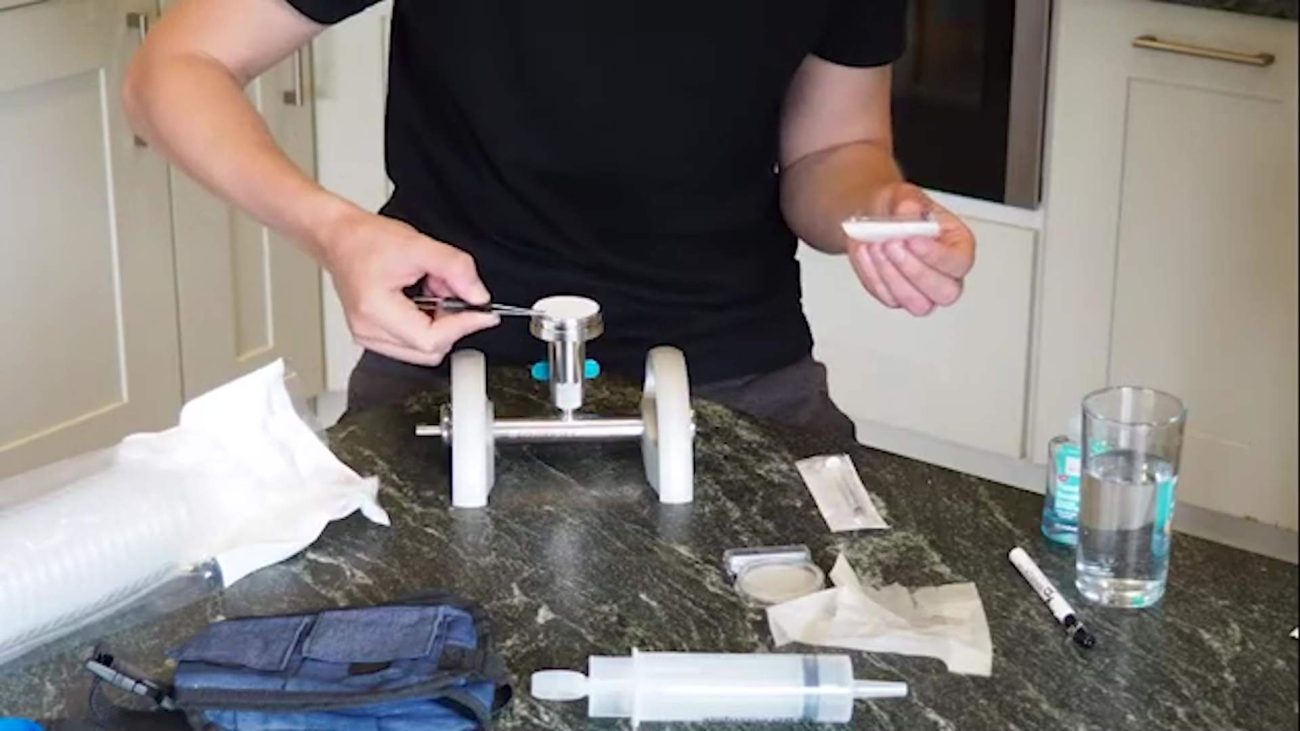How Was the MICS7 Water Samples Tested?
So, if Belize Water Services isn’t to blame for E. coli in household water, where is it coming from? The Statistical Institute of Belize cleared the air today, saying the bacteria found in their recent survey doesn’t mean there’s an outbreak looming. Instead, it points to hygiene issues at home, because E. coli can put families at risk of serious illness. We pressed SIB for details on how the tests were done and exactly when contamination happens. Here’s what they told us.

Wendy Benavides
Wendy Benavides, Statistician I, Statistical Institute of Belize
“We get two different samples of water, one at the households, one that is coming from the cup or glass from the respondent and one from the source, which isn’t necessarily any company or establishment. So the source would be if they say I drink from the rainwater from my tank that’s the source that we would’ve gotten and it would be poured directly to a bag that is sanitized. And the first one would be gotten from the household, from the cup into the water pack. So at any point it could be contaminated. If they didn’t filter their tank properly, their rain water tank properly, or if it’s from the top water it’s not necessarily sanitized by the measure. That’s not what we are measuring. What we’re measuring was the handling and the consumption point of water intake.”
Britney Gordon
“So in the instances where it goes from cup to the bag, the sanitized bag. It’s a possibility that cup could have been the point of contamination.”
Wendy Benavides
“Yes. And that is where the interventions can come from the Ministry of Health in practicing safe hygiene measures.”

Laura Friesen
Laura Friesen, Deputy of Public Health & Wellness, MOHW
“Remember hand hygiene is hand-washing before and after eating after using the bathroom, before preparing your food, and after preparing your food. These are very important measures. A lot of bacteria get transferred through our hands, through our fingernails. When we touch doorknobs, light switches, when we shake hands, when we open doors, we touch money, we touch a debit card. All of these things are high levels of bacterial load. So we need to practice good hand washing in the home, in the school, and at work. Good food hygiene is important. Proper food storage. Don’t leave food out in the stove all day. Wash your hands before you touch your dishes. Wash your hands after preparing food. Before preparing your food, separating vegetables and meat, separating raw and cooked food. All of these are important and these are places where contaminants, such as e coli can pass around in a household.”






Facebook Comments